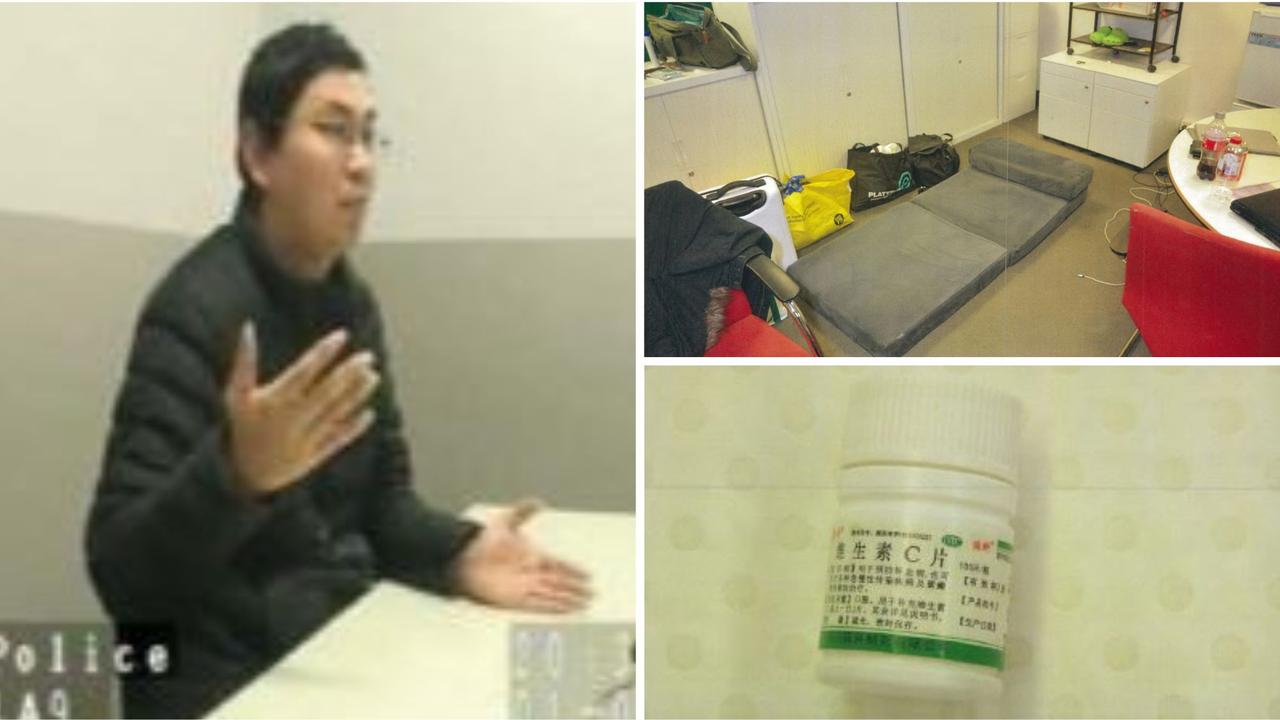Children’s books slammed for making boys feel ‘entitled’
The Cat in the Hat, Harry the Dirty Dog and Disney princesses have been slammed for using sexist stereotypes and lacking female characters.

Victoria
Don't miss out on the headlines from Victoria. Followed categories will be added to My News.
Much-loved children’s books Cat in the Hat, Harry the Dirty Dog and the Disney Princess series have been criticised for sexist stereotypes and lack of female characters.
They are among dozens of books accused of lowering girls’ self-esteem and giving boys a sense of entitlement, according to a new analysis from Edith Cowan University.
Study lead author Helen Adam found the classic Cat in the Hat contained very traditional gender roles and a “white heteronormative depiction of middle-class binary children’’.
“It’s very white and old-fashioned,” she said. “There are outdated notions of the family and their roles.”
In other research, Dr Adam described Dr Seuss books as “overwhelmingly reflecting dominant culture and outdated viewpoints and lifestyles”, which “could be detrimental to equitable educational and social outcomes”.


She found Dr Seuss books such as the Cat in the Hat “portray minority cultures in stereotypical or exotic ways and often in subservient roles to white characters”.
Harry the Dirty Dog was criticised for its “gendered pronoun he”, sexist stereotypes and lack of female characters.
The book, published in 1956, showed “bias towards male representation” by portraying 24 males in stereotypical roles such as road worker, construction worker and mechanic, contained a “gendered pronoun ‘he’ for main character” and only portrayed seven women.
She concluded that in the award-winning book, “boys are more often represented in active roles such as walking a dog, whereas girls are mostly portrayed passively”
The Disney Princess series showed “girls need a male to save them and that women are helpless”, Dr Adam said.
“The male is strong and he knows best,” she said. “It’s how we end up with some of the problems in society – look at Canberra for example – there are messages of patriarchy everywhere.”

The characters in the books are Snow White, Cinderella, Aurora, Ariel, Belle, Jasmine, Pocahontas, Mulan, Tiana, Rapunzel, Merida and Moana.
Dr Adam audited the children’s books at eight daycare centres in Australia and the US and found 90 per cent of frequently read books did not have diverse characters and told stories from a white, male perspective.
“The world represented in children’s books reflects predominantly middle class, heterosexual, male heroes and characters,” she said.
The analysis centred on 96 books aimed at 3-5 year olds.
“The content and illustrations contained in children’s literature have a long-term influence on children’s gender development because they communicate cultural and social norms to children,” Dr Adam said.

“It is incumbent upon the educators to consider matters of gender equity in their curriculum, resources and pedagogical approaches.”
While Dr Adam said it was impractical to exclude literature containing stereotypes, educators could use a “critical lens” to help children “carefully evaluate books to identify stereotypes”.
She said the cumulative effect “can lower girls’ self-esteem as well as their occupational aspirations”. “Moreover, boys can develop a sense of entitlement and children can be led to believe girls are less worthy than boys.
Dr Adam and co-author Laurie Harper noted none of the books overtly portrayed transgender characters or gender diversity. The research was published in the Australian Educational Researcher.



